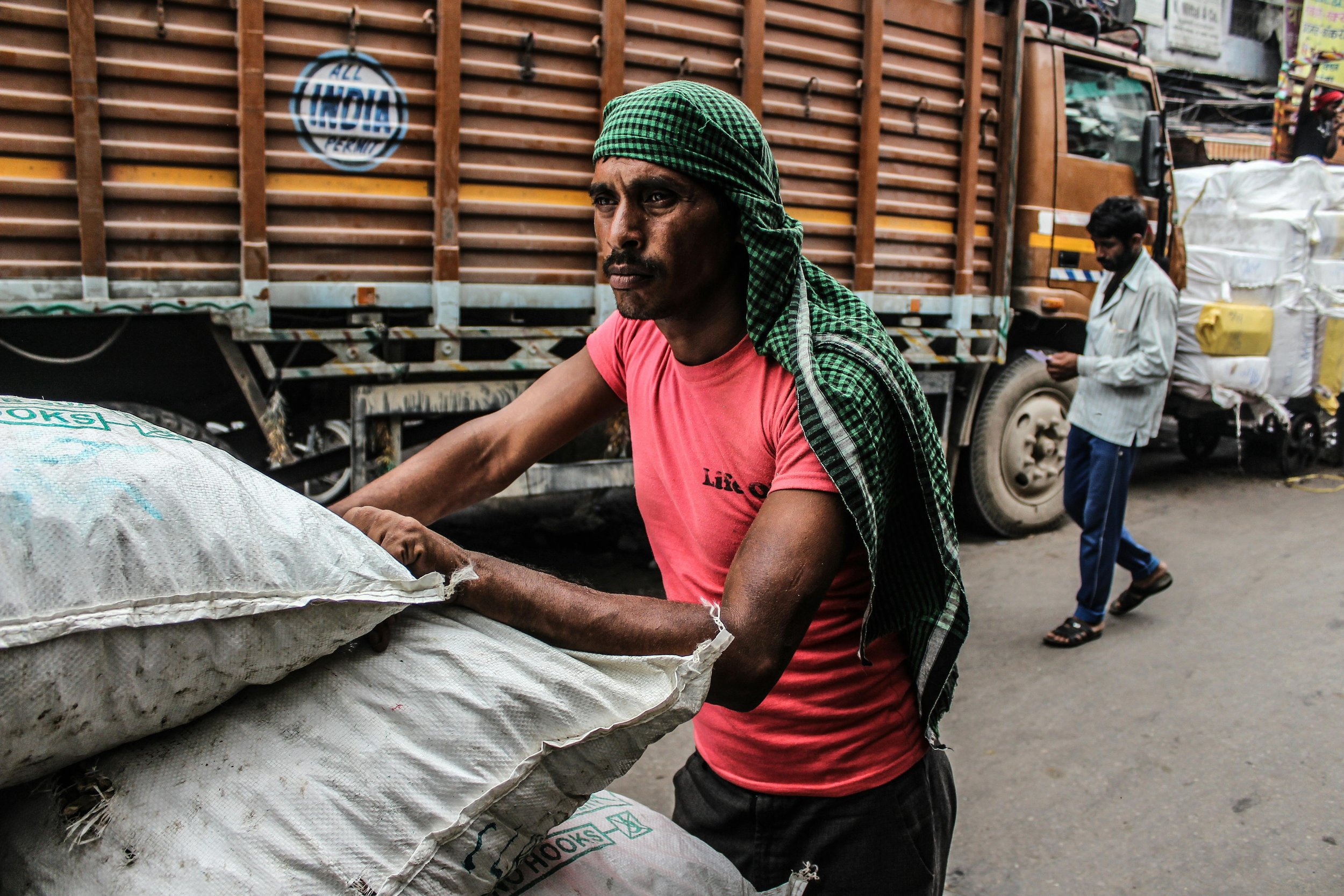4 Insights for International Recruitment
Boasting a population exceeding 1.3 billion people, India now offers the world's largest labour force. Its pool of talent is becoming increasingly attractive to firms in Europe and America seeking to fill their talent gaps. Keith Mascarenhas, Managing Director of Royal Consultants, one of India’s oldest and most experienced firms, shares insights on four key considerations for international employers planning to recruit candidates from the Subcontinent.
India's stars appear to have aligned in many ways. While Western economies grapple with filling talent gaps across various industries and skill levels, India's population is booming, resulting in a massive talent pool waiting to be tapped into. The following key insights provide a glimpse into what to expect when considering India as a recruitment solution.
Insight 1: Expect an Indian version of English.
While English is estimated to be spoken by around 125 million people in India, making it one of the largest English-speaking populations in the world, it is important to note that the English you hear may not always adhere to the standard of BBC or news broadcasts. Officially, the Indian constitution recognizes 22 languages, yet the country speaks approximately 19,500 different dialects – a diversity unknown to other countries. As an international employer, understanding that English proficiency varies widely across the country, with higher concentrations in urban areas and certain socio-economic groups, is crucial. Moreover, many Indians exhibit varying degrees of proficiency in English as a second or third language, often blending Hindi words into their vocabulary, creating what is commonly known as ‘Hinglish’.
Insight 2: Understand that food is truly how you win over staff.
Food and eating holds a special place in Indian culture, and their importance cannot be underestimated. Each region of India has its own unique culinary traditions, from the comforting embrace of Indian chai to the diverse food habits distinguishing North and South India. Spices, known as ‘masalas,’ play a central role, alongside a variety of rice or bread, such as ‘rotis’ or ‘naan,’ as well as an array of vegetable curries or meat dishes. Approximately 30% of the population follows a pure vegetarian diet, abstaining from meat and eggs in any form. Moreover, cooking and eating together are integral to identity-building and emotional well-being in Indian culture. As an employer, it is thus crucial to provide access to region-specific food and common meal times to prevent workers from feeling homesick or dissatisfied. If assistance is needed, Royal Consultants can facilitate the process, including finding an Indian chef for your Indian team. Contact us here for support!
Insight 3: Respect local festivals and rituals.
If an employer aims to recruit talent, especially in industries such as construction, large-scale farming, gardening, or hotel services, and plans to mobilize them during important Indian festivals such as Holi (the festival of colours, usually held in April), Diwali (the festival of lights, typically in late October or November), Eid (the end of Ramadan, usually held in May or June), or any other significant local festivities known as pujas, it's crucial to understand that Indian talent may not be willing to work or depart during these times. Employers from abroad must respect and honour the deep faith and traditions that keep Indian culture vibrant and alive. This often extends to Indian staff requesting leave around those festival times to reunite with their families or celebrate with their local Indian community near their place of work.
Insight 4: India is big! Plan interviews in India with a lot of time and patience
If an international employer seeks to recruit for example 200 workers within a limited timeframe of just two days across four cities, it is crucial to recognize the logistical hurdles candidates may encounter, such as arranging time off or reaching their interview place from their village. Employers also need to prepare themselves for conditions like heat or noise, which can impact the interview process. At Royal Consultants, we offers training to international companies so they are equipped to navigate these challenges effectively. Moreover, understanding the lead time required for candidates to make arrangements and plan their time for the interview is essential. It is important to recognise the circumstances in India – life and infrastructure are very different here. Behind every candidate, even if they are 10 minutes late for an interview due to a bus or train delay, are human beings with unique stories and challenges, deserving of respect and empathy. In summary, patience, a sense of humour, and a strong intercultural understanding are key to the recruiting success.
If you are a company looking for Indian talent, please email us with your requirements at jobs@royal-consultants.com or fill out the form here. We are looking forward to hearing from you!
NEW: Royal Consultants now offers intercultural training about India for employers in Europe! Reach out to us to learn more here.
